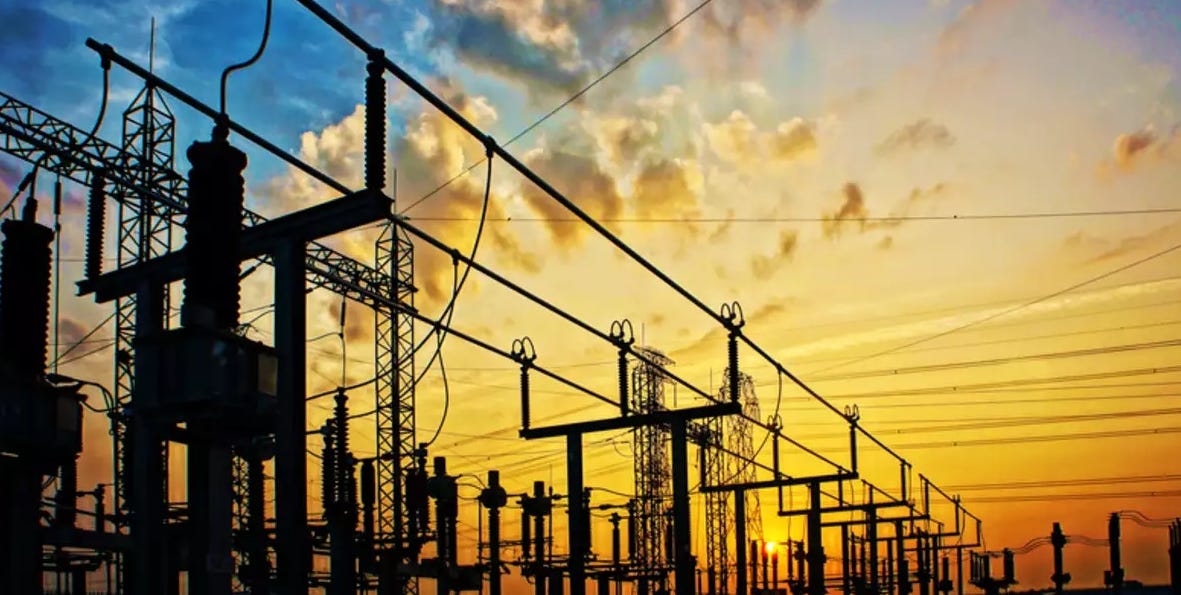Gas is Dirt Cheap. Only Politicians Make Energy Expensive
The neo-Malthusian green mind virus is to blame
The first homes in the UK to be supplied with electricity from a public network were connected in the 1880s. Over the next century, electrification became something we rightly took for granted but marked an entirely new epoch in human history. Then progress began to falter. The high point of civilisation was in fact its darkest turn, claimed environmentalists, whose ideas began to erode the very fabric of the grid. The primary fuels of electricity – coal and gas, in turn – had turned the skies against us. The idea of a continuous source of abundant and cheap power has become unfashionable in decision-making centres. And fundamental to their claim is that gas is too expensive and too environmentally damaging. We must accept greater cost and lower levels of service if the planet is to be saved, claim greens. When it is unpicked, what this mythology shows is that the virtues of the grid have already been dismantled.
This year marks the century since the grid was conceived by William Douglas Weir in a report to Parliament. The following year, Viscount Peel opened debate in the House of Lords for the second reading of the Electricity (Supply) Bill with the words, “The object of this Bill is to secure the production of electrical power on the largest possible scale at the lowest possible price in this country.” Though beset by war, by the mid-1960s Britain’s electrification had reached 95% of the population, with even the most remote rural regions fully connected over the next decade.



